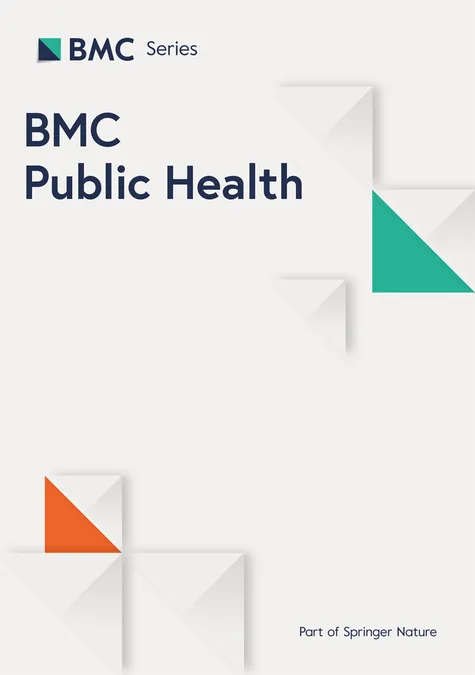
Shocking Health Updates: Alcohol Linked to Cancer, IVF Babies Facing Risks, and an Alarming Rise in Myopia Among Children!
2024-09-30
Excessive Alcohol Consumption and Cancer Risk
A groundbreaking report from the American Association for Cancer Research has revealed troubling news: excessive alcohol consumption is correlated with an increased risk for six distinct types of cancer. The cancers identified include breast, colorectal, liver, stomach, certain types of head and neck cancer, and esophageal squamous cell carcinoma.
Céline Gounder, a medical expert and CBS News contributor, explained, “Alcohol doesn’t just create risks on its own; it leads to chronic inflammation and alters the microbiome, the bacteria that inhabit our gut, which further heightens cancer dangers.” As a result, medical professionals are strongly advising individuals to limit their alcohol intake, especially when combined with other risk factors like smoking, obesity, and a sedentary lifestyle.
IVF and Heart Defects
In a related health concern, new research published in the European Heart Journal has drawn attention to the potential risks faced by children conceived through in-vitro fertilization (IVF). An extensive study involving over seven million Nordic children demonstrated a 36% increased risk of major heart defects among those conceived via IVF as compared to naturally conceived children. However, it’s important to note that this only translates to a risk of under 2% in IVF babies developing heart defects. The study also emphasized that this risk remains unchanged whether the technique used was traditional IVF or ICSI, in which sperm is directly injected into an egg.
Professor Britt Wennerholm from the University of Gothenburg hopes that this new data will guide parents in choosing safer fertility treatments that could reduce the likelihood of congenital heart conditions.
Rise in Myopia Among Children
Additionally, a concerning trend has emerged in children’s eyesight, as published in the British Journal of Ophthalmology. The prevalence of myopia, or short-sightedness, has tripled from 1990 to 2023, affecting 36% of children globally. Alarmingly, the numbers are even more striking in Asia, where up to 85% of children in Japan and 73% in South Korea are reported to be short-sighted. Researchers attribute this surge partly to increased screen time due to COVID-19 lockdowns and a greater focus on academic work from younger ages, which puts added strain on children's eyes.
To combat this widespread issue, health experts recommend that children, particularly those aged 7 to 9, spend at least two hours outdoors daily to help mitigate the risks of developing myopia. Regular eye exams are also crucial, starting as early as seven to ten years old, to monitor and address vision problems promptly.
Conclusion
These revelations present critical insights into the interconnected risks posed by lifestyle choices and reproductive technologies, urging both individuals and parents to make informed decisions for a healthier future.



 Brasil (PT)
Brasil (PT)
 Canada (EN)
Canada (EN)
 Chile (ES)
Chile (ES)
 España (ES)
España (ES)
 France (FR)
France (FR)
 Hong Kong (EN)
Hong Kong (EN)
 Italia (IT)
Italia (IT)
 日本 (JA)
日本 (JA)
 Magyarország (HU)
Magyarország (HU)
 Norge (NO)
Norge (NO)
 Polska (PL)
Polska (PL)
 Schweiz (DE)
Schweiz (DE)
 Singapore (EN)
Singapore (EN)
 Sverige (SV)
Sverige (SV)
 Suomi (FI)
Suomi (FI)
 Türkiye (TR)
Türkiye (TR)